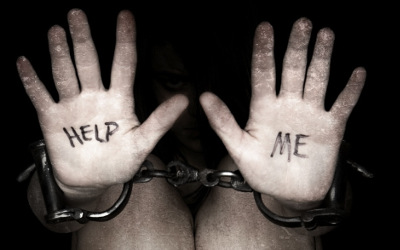AKIPRESS.COM - 
The non-governmental organization said that it “continues to receive persistent and credible allegations of routine and pervasive torture and other ill-treatment by security forces and prison personnel. Reports suggest that people are tortured and ill-treated when they are arrested, transferred and awaiting trial, and in detention facilities. Very few people are ever brought to justice for inflicting torture, while authorities in Uzbekistan routinely fail to conduct effective investigations into allegations of torture and other ill-treatment.”
The Stop Torture Briefing is based on Amnesty research and individual case studies. It reveals that:
- courts in Uzbekistan frequently rely on confessions obtained by torture;
- suspected members and supporters of religious groups and opposition political movements are particularly at risk;
- complaints about torture routinely ignored and very few individuals investigated or prosecuted for involvement with torture;
- Uzbekistan fails to implement the recommendations of international human rights bodies;
- authorities in Uzbekistan avoid scrutiny by refusing to invite international anti-torture experts to visit;
- prisoners describe being detained in cramped concrete cells and beaten;
- extradited individuals are often held incommunicado and prevented from speaking to lawyers or family members.
“Uzbekistan has taken some formal steps towards strengthening safeguards against torture and other ill-treatment and abolished the death penalty in 2008 but it is failing to implement these laws in practice, to adopt additional measures that will prevent torture, and to hold perpetrators to account,” the organization continued.
Certain groups are at particular risk from torture and other ill-treatment in Uzbekistan. Thus, suspected members of Islamic congregations or followers of independent Islamic leaders have been targeted increasingly since December 1997, when the deaths of several police officers in the Namangan region sparked a wave of mass detentions and arrests. This clampdown intensified following the bomb explosions in Tashkent in 1999 and following armed incursions by Islamic Movement of Uzbekistan fighters in August 1999 and August 2000.
The groups most targeted by Uzbekistani authorities include the IMU, the Islamic Jihad Union and Hizb ut-Tahrir, as well as supporters and followers of Salafism, Wahhabism, Taabli, Jammat and the Turkish theologian Said Nursi.
Amnesty International urged the Uzbekistani authorities into investigating complaints of torture; reviewing previous convictions based on evidence obtained through torture; prohibiting coerced confessions; ensuring all trials are scrupulously fair; refraining from invoking 'national security' to target opponents; co-operating with UN special procedures on torture; ending the use of closed trials in prison camps.
